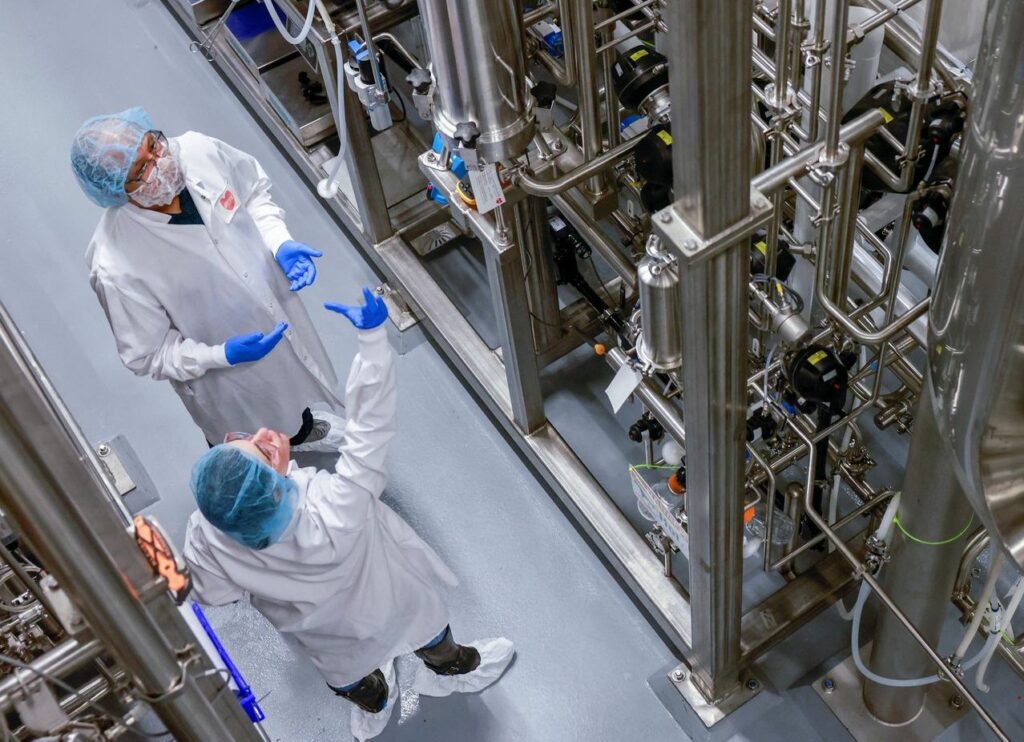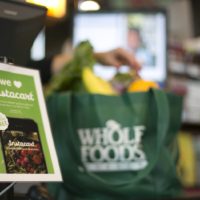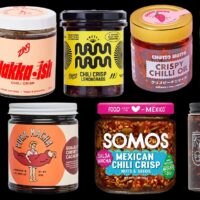
Image Credit: Wall Street Journal
Every week we track the business, tech and investment trends in CPG, retail, restaurants, agriculture, cooking and health, so you don’t have to. Here are some of this week’s top headlines.
The Wall Street Journal took an inside look into the struggle to scale cultivated meat following the FDA’s approval of Upside Meat’s cultivated chicken. The Economist has introduced a new way to measure the climate impact of food using its ‘banana index,’ which compares popular foodstuffs on weight, calories, and protein to the banana, a fruit of middling climate impact and nutritional value.
In other news, we’ve wrapped the first season of our podcast in partnership with AgFunder: New Food Order, a nuanced investigation into the business of tackling our climate and social crises through food and agriculture. Read all about why we launched the podcast, and be sure to subscribe and share!
Our newsletter takes a lot of time and resources to produce. Make a one time or monthly contribution to help us keep it going. Whether it’s $5 or $500, every bit helps and shows us that you value our work.
1. Inside the Struggle to Make Lab-Grown Meat – WSJ
Companies in the emerging field have long been able to grow small amounts of meat from cells, but producing greater volumes at low cost is proving much more difficult.
2. A Different Way to Measure the Climate Impact of Food – The Economist
To make the relative carbon impact of foods easier to digest, The Economist proposes a banana index, which compares popular foodstuffs on weight, calories and protein to the banana, a fruit of middling climate impact and nutritional value.
3. How the World Is Spending $1.1T on Climate Technology – Bloomberg
Decarbonized food, futuristic materials and next-generation fuels are now portfolio targets for venture capitalists.
4. Whole Foods Plans Corporate Job Cuts, Shuffles Structure – WSJ
The grocer is planning to cut several hundred corporate jobs, as it reorganizes its structure to simplify operations.
5. New Data Shows US Food Waste Is Getting Worse – Bloomberg
The US is generating more surplus food than it was five years ago, both in total and per capita.
6. Upside Foods Announces Cultivated Chicken Sandwiches, Sausage and Dumplings As It Waits for Regulatory Approval – Green Queen
The startup has announced a new range of cultivated ground meat products and a breakthrough in chicken cell lines.
7. Israel: Aleph Farms Launches Cultivated Petit Steak Under Its New ‘Aleph Cuts’ Label – Green Queen
The Petit Steak, grown from non-modified cells of a premium Angus cow, is expected to launch in Singapore and Israel later this year pending regulatory approval.
8. As Amazon Looks to Invest in Other Grocery Formats, the Future of Whole Foods Remains Unclear – ModernRetail
In its 2022 annual shareholder letter, Amazon hinted at its plans to invest in a mass grocery store model – but, suggested that its Whole Foods chain does not serve that need.
9. Circular Food Systems Are the Answer: Findings From the First Major Study on Their Potential – Green Queen
A new study suggests that we don’t need to wait for techno-based solutions to make our food systems more sustainable.
10. New York Bill Would Mandate Reusable Food Takeout Boxes. The Logistics Could Be Messy. – WSJ
Some establishments in the city would be required to offer reusable, returnable food packaging and utensils under proposed legislation. They would also have to figure out how to get them back.





